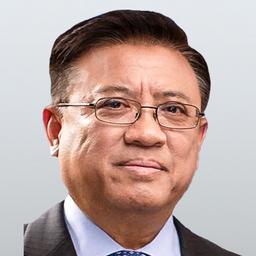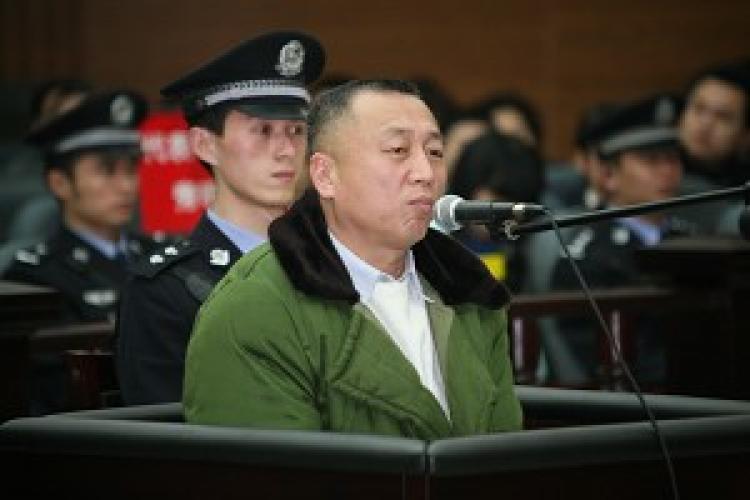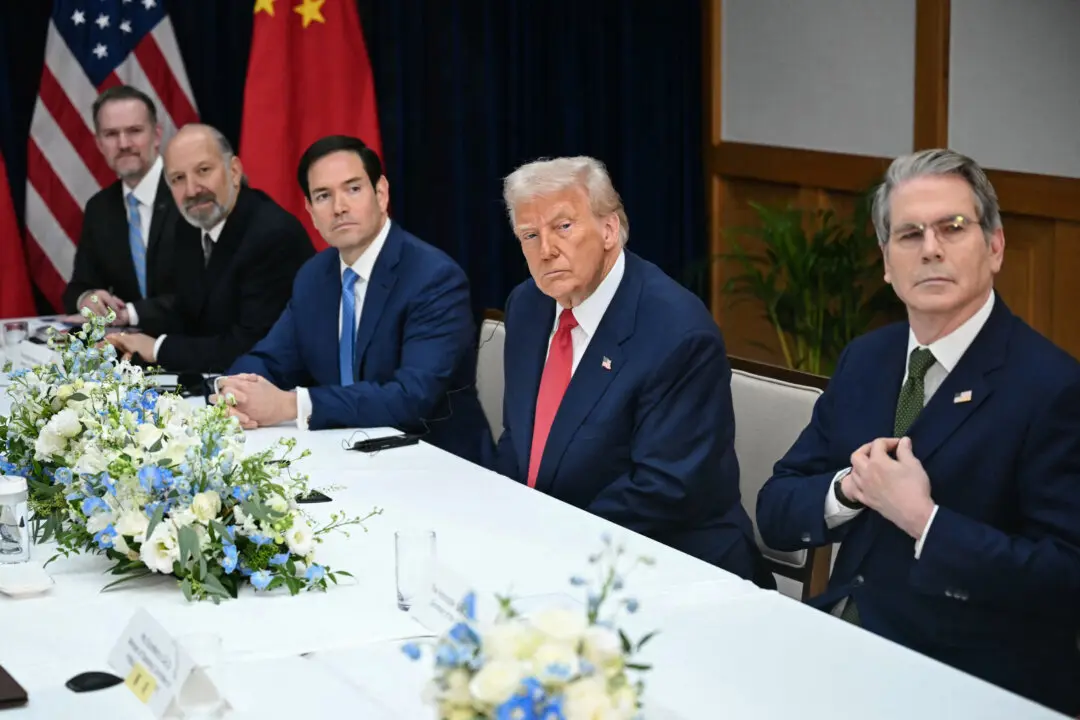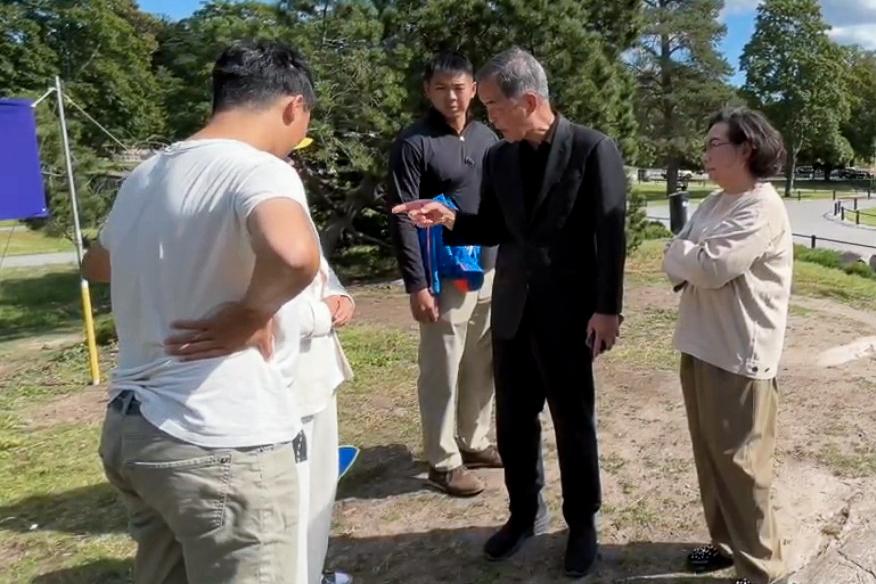News Analysis
Rule of Law on Trial in China
Criminal defense attorney learns the hard way one of the basic unwritten rules of China’s legal system.
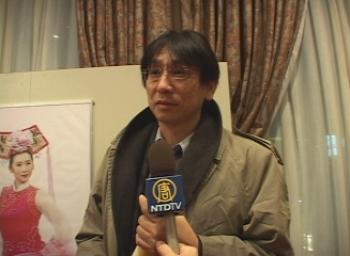
Shinichi Tokunaga, an attorney of the legal team of Global Lawsuit Against Jiang Zemin. Courtesy of NTDTV
|Updated:
